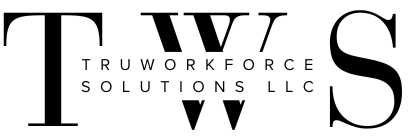For small and medium-sized businesses, growth and success depend on consistency, compliance, and operational efficiency. Standard Operating Procedures (SOPs) are the backbone of these goals. While often associated with large corporations, SOPs are just as essential for small and medium-sized businesses, especially those navigating New York’s complex regulatory environment.
What Are SOPs?
SOPs are written instructions that document how to perform routine business activities. They ensure tasks are carried out consistently and correctly, regardless of who is performing them. SOPs cover everything from onboarding and customer service protocols to payroll processing and safety procedures.Why SOPs are Important
- Regulatory Compliance
- Wage Theft Prevention Act (WTPA): Accurate documentation of timekeeping and wage notices.
- Paid Family Leave (PFL): Standardized leave request and approval processes.
- Sexual Harassment Prevention Laws: Mandated training, reporting protocols, and investigation procedures.
- Operational Consistency
- Customers receive the same high-quality service every time.
- New hires learn quickly with minimal disruption.
- Tasks don’t fall through the cracks if someone is absent.
- Business operations run smoothly when something unexpected happens
- Easier Onboarding and Training
- Increased Productivity and Accountability
- Scalability and Growth
Tips for Creating Effective SOPs
- Start with core processes like hiring, payroll, customer service, and compliance tasks.
- Use plain language that’s easy to follow.
- Include step-by-step instructions with checklists or screenshots if applicable.
- Review and update regularly to reflect changes in law or business practices.
- Train staff on SOPs and store them in a central, accessible location.
- Purpose: Why this SOP exists
- Scope: When and where it applies
- Responsibilities: Who’s responsible for maintaining and using the SOP
- Procedures: Include detailed but clear instructions
- Revision History: What changes were made with each document update

